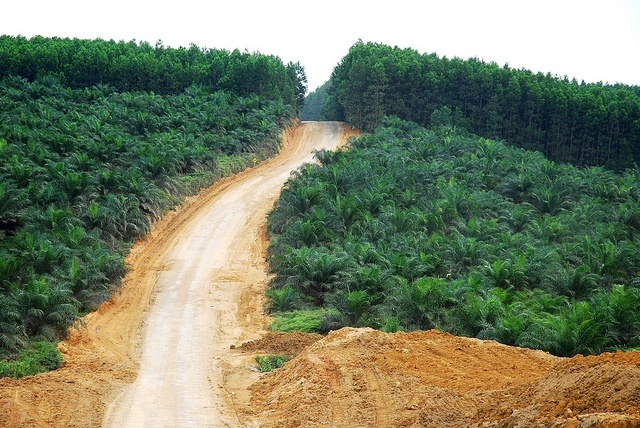
It used to be that climate change was a topic you could easily ignore. It was painted by some as the preserve of radical activists or anti-modernists who didn’t understand how things worked and perhaps even wanted to destroy the extractive industry. But such a view of the climate change debate would today be, at the very least, naive. The reality of climate change is becoming more and more apparent – this year has been the hottest year on record, and 2014 was the hottest year on record before that; we all probably have our stories of unseasonable weather where we live, be it pouring rain during the supposedly dry season, or an unexpected lack of rain. The effects of climate change too, from the Syrian refugee crisis to devastating droughts are impossible to ignore.
The discourse around climate change also seems to have altered – instead of trying to ignore the Cassandras, it seems that decision-makers are finally trying to tackle climate change. COP21 is still on everyone’s minds of course, but we also shouldn’t forget the Sustainable Development Goals which have replaced the Millennium Development Goals. Our context, more than ever, calls for us to take climate change into account.
What does this mean for a coalition that focuses on the accountable and transparent management of natural resources? Firstly, that we cannot just ignore this issue, as the PWYP Global Council and Board recently acknowledged as well. To do so would threaten our credibility and also render some of our actions redundant, if not wasteful. The context for extraction has changed, and if our mission is to make natural resources benefit all citizens we need to see what the changing context means for us.
This isn’t to say that we should immediately change our mandate or create a new work area. However, we do need to explore how climate change issues affect our theory of change and our campaigns.
PWYP has always been a cutting-edge initiative that breaks down barriers. We take our cue from our members – it was our members that called for us to examine transparency from all points on the value chain and our members who reminded us that we need to make efforts to include women in our campaign. Now, from the Philippines to Cameroon, our members are making us aware that climate change and the environment is not a topic we can just ignore. In the run-up to our general assembly in Lima we will be exploring this issue to how our strategy should adapt itself to changing times, and a changing climate.
If you’d like to be part of this conversation, let us know your thoughts!
If you want to find out more about how other PWYP members are engaging in this conversation, take a look at the map on our homepage!
Read the next article
Mining and climate change: what is the impact of mining activity on climate change?